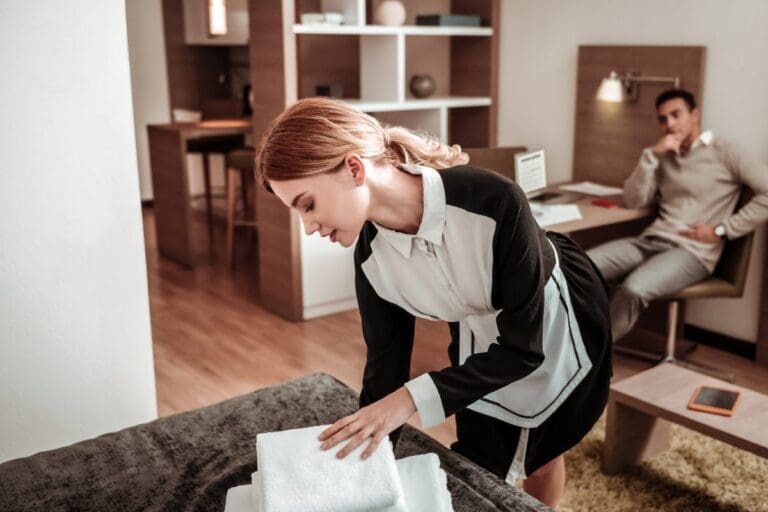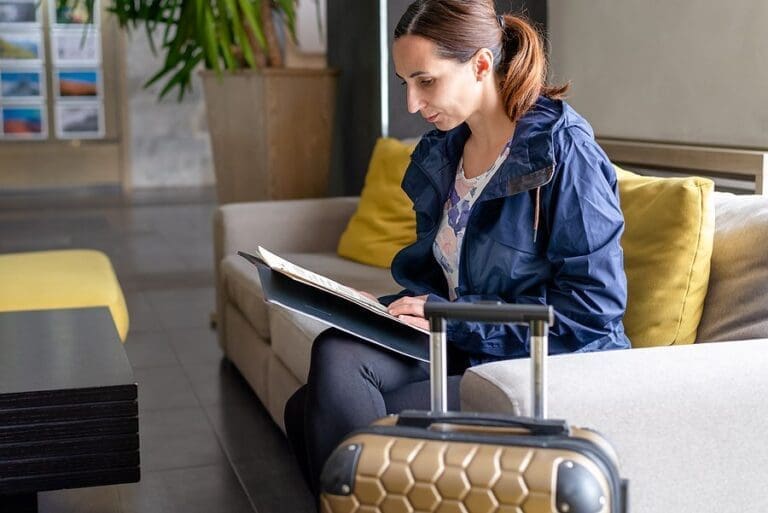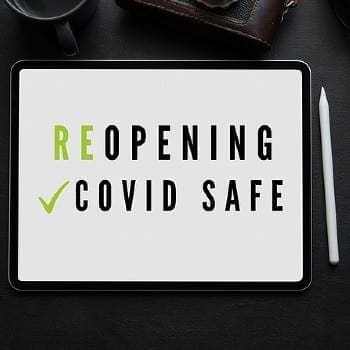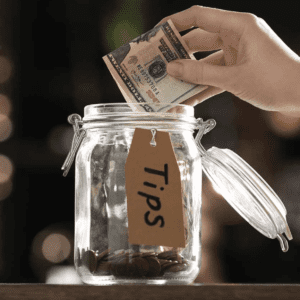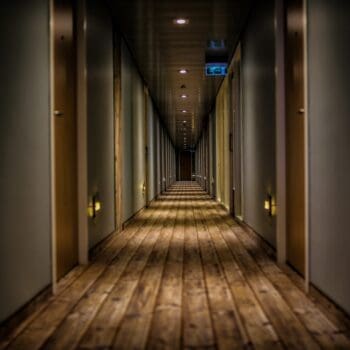
In our rapidly changing world, it’s essential that you keep your hotel at the forefront of safety and security and proactively eliminate risks. It takes a combination of training and tech to ensure the protection of everyone on the premises as they go about their day. Plus, work safety is great for employee morale.
Here are six ways hotels can keep guests and employees alike as safe as they can.
1. Be aware of the risks
The first step to protecting your employees and guests is to be aware of the security challenges many hotels face. While there will always be the risks of unauthorized visitors and theft, there are new risks in our changing world. For instance, there’s an increased risk of cybersecurity breaches, the potential to spread sickness, and antisocial guest behavior. Before you start training, you must be aware of all these potential risks and more — think local as well as global. Only then can you train your employees properly.
2. Train all employees regularly
Once you’ve identified the safety concerns that need to be addressed, r engage in onsite learning, hands-on tutorials, and practice drills. Also, provide a way for employees to suggest safety precautions. You can make it anonymous if you think more people will come forward, and when they do, be open to those ideas so you can continue to improve.
While your permanent staff members may be aware of most safety precautions, it’s essential that you also address your short-term and seasonal employees. Since seasonal employees are often on staff for a limited time, they may not have the same time for training, so during their onboarding, go over the safety training. You can fill training gaps by marking all hazards with clear signage and adding simple instructions to fire extinguishers and other safety devices. Finally, start every day with a safety meeting to review any concerns and answer questions so everyone is on the same page.
3. Use technology to your advantage
Since the modern world is evolving so quickly, there are a lot of new tech solutions to your risk management and safety concerns, and it would be wise to take advantage to ensure ultimate security.
For instance, you can use tech to perform predictive maintenance on elevators and fire suppression systems so they can be repaired before breaking down and causing potential harm to guests or workers. You can also implement a remote monitoring system that uses AI. It will monitor your security camera video feeds and watch for bad behavior and use facial recognition to spot potentially dangerous people on the premises.
Although the COVID-19 pandemic is over, you can continue to use technology to provide contactless check-in and digital keys to avoid the spread of germs and sickness throughout the hotel as well.
4. Ensure all emergency equipment is working
Create a safety checklist of precautions to take on a daily, monthly, or yearly basis, and make checking all emergency equipment the first priority of that list. Ensure smoke detectors are placed throughout the building, including stairways and storage spaces. Whenever the detector emits the warning that the battery is running out, replace it immediately. Also, make sure there’s a fire extinguisher in every room. Although an extinguisher can last between 10-12 years, it’s still a good idea to check the expiration date so it will work properly in an emergency. Also, be sure to check out and maintain your:
- Carbon monoxide detectors
- Security cameras
- Sprinkler systems
- Safety and exit signs
5. Add panic buttons
A growing safety trend in many hotels is the panic button, a device that can be worn as a pendant or clipped to a belt. When an employee feels like their life is at risk, they can hit the button. It will immediately alert nearby security or law enforcement officers. Advanced panic buttons also include geo-location so responders can go directly to the employee without delay.
6. Hold safety drills
While you can explain safety precautions and put them down on paper, sometimes, the best way to show how to follow safety procedures is to hold safety drills. Conduct drills at least once yearly and again if the process ever changes. In addition to showing the staff the safest routes out of the building, you should also walk them through how to use fire extinguishers and first aid kids.
There are numerous different types of emergency situations that will require drills, from fire alarms to bomb threats. They each require different tactics and have their own dos and don’ts, so research the proper protocol before educating your teams. There are other unique events to prepare for that may not often happen, like the death of a guest or infectious disease issues. However, they should be taught, just in case that event happens, and your team can be prepared.
Conclusion
It’s not nice to think about the safety issues that could affect your team or the guests that call your hotel home, but preparing for the worst is necessary. Add these steps to your safety plan now, and you’ll be ready to handle any potential event at a moment’s notice.




